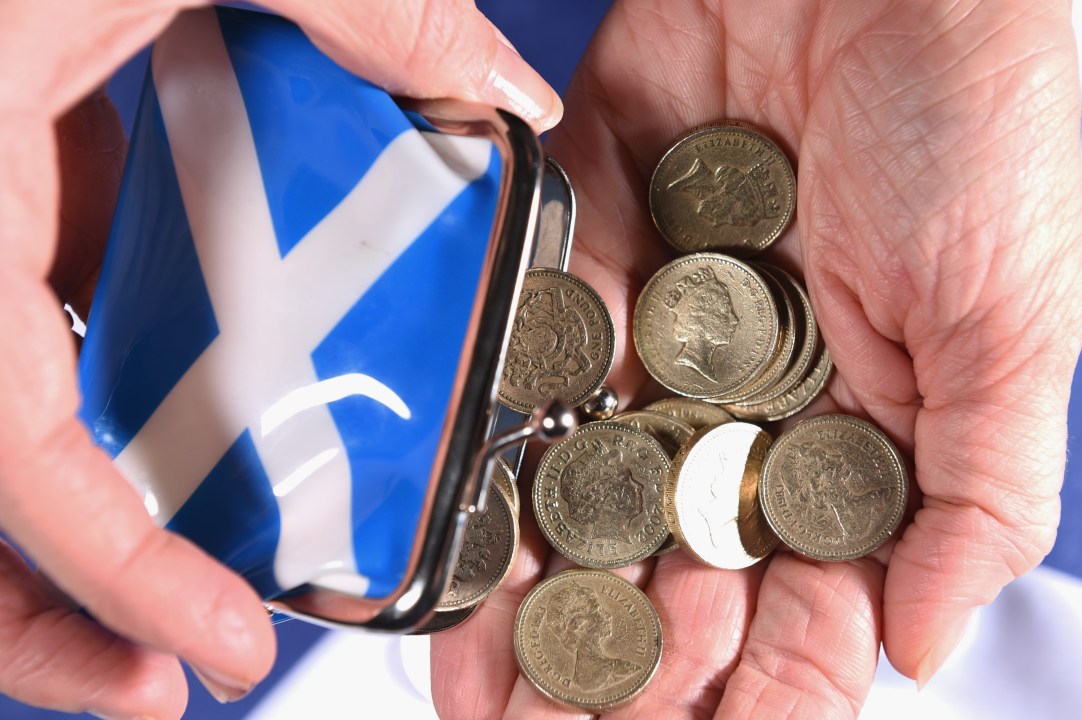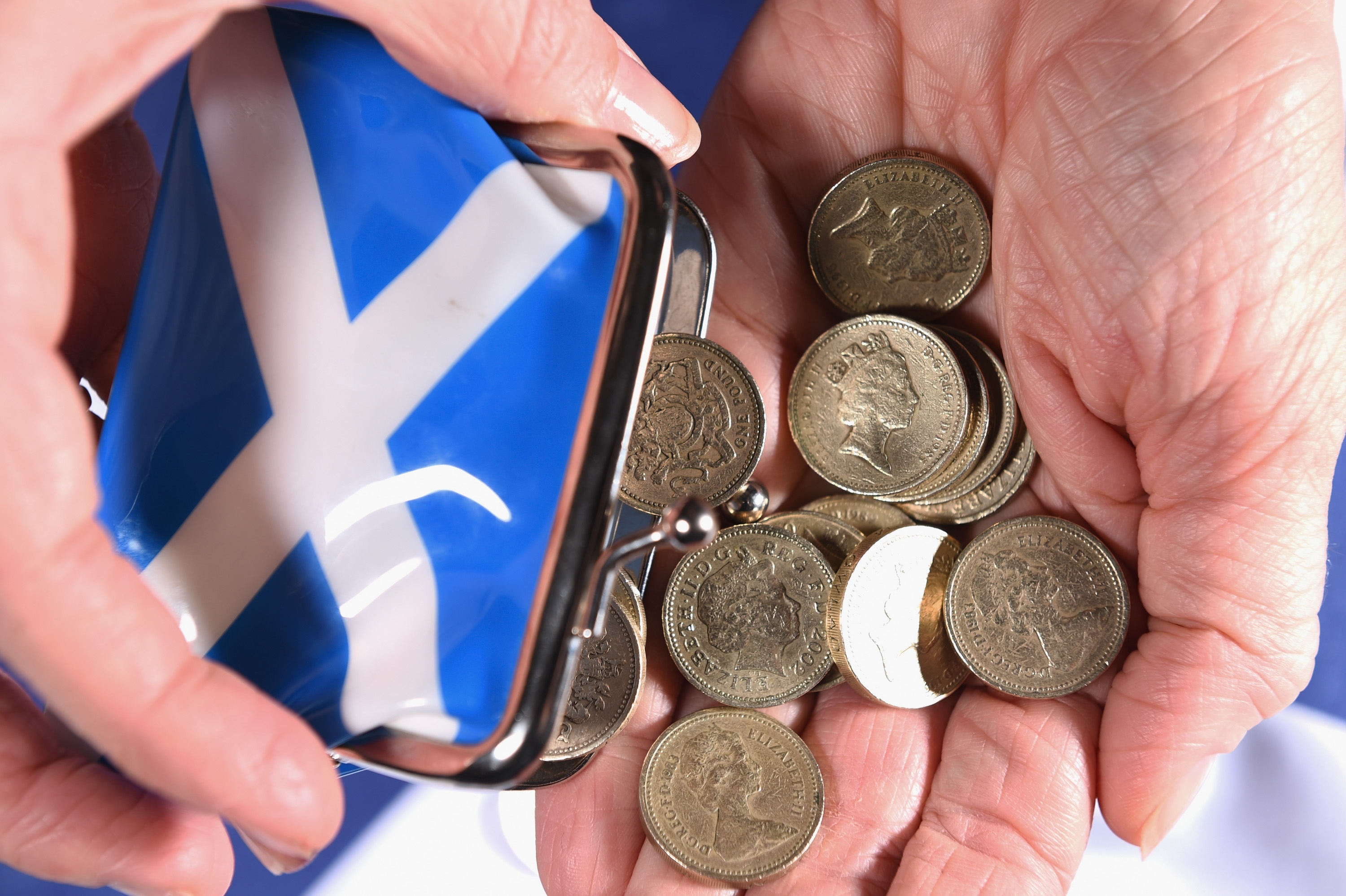How would an independent Scotland have fared during the pandemic? We found out this week on the annual release of Gers, which adds up all Scottish spending and taxes and states the size of the gap. This year it’s estimated at about 27 per cent of GDP, according to the Institute for Fiscal Studies, which would make it the worst-hit country in the developed world. It’s unlikely that a small country could sustain a deficit of this size even in a pandemic: the UK has been hit bad, but we have the pound and the Bank of England’s QE to lower the cost of issuing debt. For a country of five million to run a deficit of 27pc would be far, far harder.
The choice of an independent Scotland would be far more tax, or far less spending
The UK deficit has been pushed up by the furlough scheme and other pandemic measures: paid for by the ability to borrow from markets at an incredibly low rate of about 0.2 per cent interest per year. And yes, every country has seen its deficit surge in the pandemic. But as ex-SNP finance spokesman Andrew Wilson pointed out on Twitter, even in a good year like 2016, Scotland was suffering a deficit equivalent to 10 per cent of GDP. Given that the most any new EU member state is allowed is 3 per cent, it would have to undergo a period of sado-austerity to get down to that size. This is a point often overlooked: leaving the family of the UK would mean a load of tough decisions for Scotland with either higher taxes or lower spending. At present, it has a high spending-to-GDP ratio – but comparatively low taxes.
So the choice of an independent Scotland would be far more tax, or far less spending – or, most likely, a mixture of the two. You can argue that this would be a price worth paying for independence, as many Brexit voters thought that leaving the EU would be worth it even if it meant an economic hit. But it’s hard to dispute that, with North Sea oil revenue at current levels, independence would mean a heavy dose of austerity. In a typically thoughtful article, Andrew Wilson argues that the sheer size of the deficit ‘makes the case for independence’. Fair enough if he means it’s time to align tax and spend levels. But if he is saying that ‘austerity in any form would be self-harming and entirely counterproductive’, then this implies taxing Scots until the pips squeak.
It’s ridiculous to argue that Scotland is too small or too poor to be independent. It’s the most ingenious small country on earth, rich in cultural and economic resources. But an independent Scotland would have to be a Scotland with either much more tax, or much less spending. It is hard, almost impossible, to deny this now.








Comments